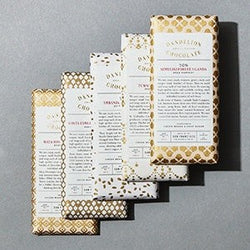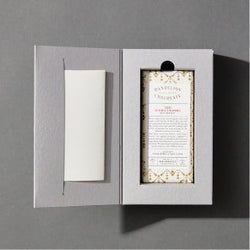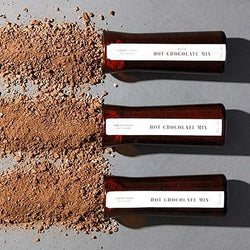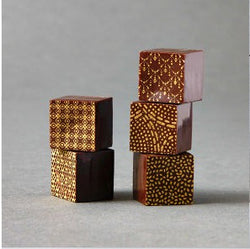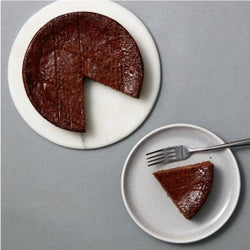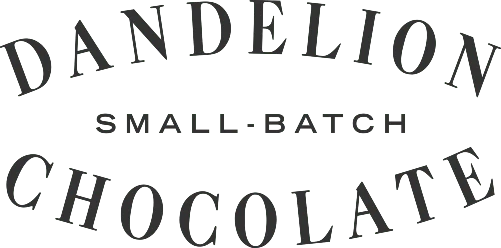Historical and archaeological evidence indicates that cacao has been cultivated in this region of Honduras for hundreds, maybe thousands, of years. Today, producers must overcome obstacles in order to yield cocoa suitable for making outstanding chocolate. The region is so hot, humid, and remote that fermentation and drying, and even transportation, are extremely challenging.
To reach the village of Wampusirpi (affectionately called Wampu) from an international airport, a traveler must take two flights — first to Puerto Lempira on the northeast coast, and from there to Wampusirpi — or drive to Palestina, in Olancho, and cross the Patuca River in a pipante (a kind of hollowed-out log canoe), then traverse jungle for two days. In this remote locale, the team at Cacao Direct, led by Jorge Schmidt, have been working with approximately 200 Miskito families since 2014, providing them with technical assistance, training, information, and at-cost tools for planting and maintaining their cacao trees.
Cacao Direct buys organically grown cacao from individual farmers and families, then, to ensure bean quality, carefully ferments and dries it at a centralized facility built in 2015. The efforts have paid off: Cacao Direct won the Honduras Cocoa of Excellence Competition in 2016 (using the award's prize money to fund a new roof and windows for the local school), and 2017 (when there was no prize money, only glory!).


